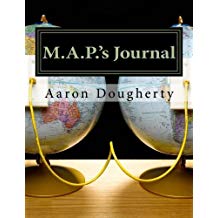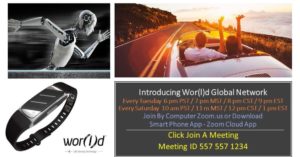I am thrilled to announce the release of 2 new books!

In Next Generation Ministry and Discipleship, you will learn
-What next generation ministry is and how it differs from traditional children, youth, and family ministry.
-What a M.A.P. is and how it works.
-What a M.A.P.’s Journal is and how you can get it.
-What a Discipleship Group (D-group) is and how to have a meeting.
-How parents and leaders can disciple the next generation for real-life.
———————————————————————-

The M.A.P.’s Journal is designed for students to use in D-groups.
Currently, you may only purchase these books in print. Click on the title link to order from Amazon.
_______________________________
Students are returning to school now! Students are also returning to church. Leaders, as you launch your fall groups and studies, remember The M.A.P.’s Journal. This is the perfect resource for scripture memorization, spiritual development, and developing student leaders. I would have loved to offer M.A.P.’s for less than $9.99, but if I did, I wouldn’t be making anything. For those of you who don’t know, most authors don’t make much from their books. I have done M.A.P.’s as a service to you and not to make money. Look at it this way: D-groups are smaller than life groups, so you won’t have to order as many!
For those who are not familiar with the new model of student ministry called Next Generation Ministry, I would highly encourage you to buy Next Generation Ministry and Discipleship. Contrary to what many churches advertise on job boards, etc., next generation ministry is not the same as family ministry. And it is not your traditional children’s or youth ministry. Buying the book also brings you an extra benefit in that you will learn about practical discipleship, an area I think too many ministry leaders are ignoring. The M.A.P.’s Journal is also explained and only in Next Generation Ministry and Discipleship can D-group leaders get the Scripture passage that goes along with the M.A.P.’s weekly Scripture verse.
The M.A.P.’s Journal is the companion book to Next Generation Ministry and Discipleship.
I hope both books will benefit you and your ministry. Even more, I hope both books will benefit the Kingdom. Praise Jesus!








